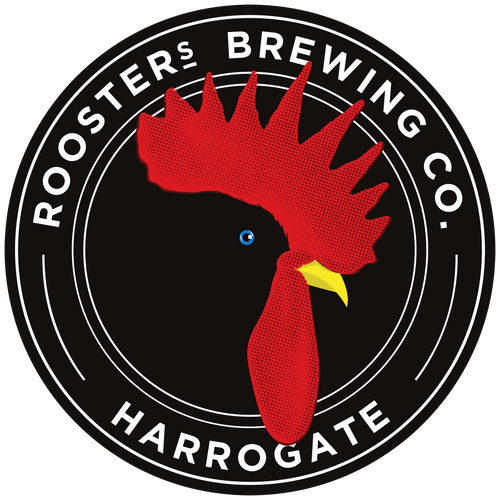Over the past year or so we’ve found ourselves being asked one particular question by customers and beer drinkers alike and that’s whether or not our beers are suitable for vegans? A question that we’ve never been able to give a straightforward answer to… up until now that is!
To help explain, as a brewery that’s now in its 26th year of existence, here’s a brief history of our approach to brewing and packaging beer. We’ve used Isinglass (a kind of gelatin obtained from fish) as a processing aid to fine our beers since day one. Stretching back decades, our beers have always been designed to be served (style-dependent) without a haze and the use of Isinglass has been key to this – especially when it comes to our cask beers. It’s a process that’s been common practice in the UK for over a hundred years.
Up until 2015, aside from a small, relatively short-lived venture into the bottled beer market, everything we brewed went into cask. We then bought our first canning line, becoming one of the first small / independent breweries to do so and set about ensuring that the beers we launched in can (and keg) resembled the appearance (in terms of clarity) of those served through a hand pump. We invested in brand new conditioning vessels and bright beer tanks, along with a filtration system to help remove unwanted yeast and proteins that exist naturally as part of the brewing, fermentation and conditioning processes. We also, to begin with, used Isinglass at the end of the conditioning process to drop out as much of the spent yeast as possible prior to filtering. This was to help with making sure the filter didn’t become blocked, as well as ensuring the beer’s stability suitable to the package type.
Over the past four years we’ve further invested in a higher spec filtration system and refined our practices, which resulted in us no longer using Isinglass as part of our can and keg packaging process towards the end of 2017. We then turned our attention to our cask beers in 2018 and spent a large part of last year researching and trialling different methods to find the best option for us to be able to remove Isinglass from our cask beers and therefore all of our beers entirely.
The results are in and we’re delighted to advise that we’ve achieved this and, for the past couple of months, everything we have produced has not involved the use of Isinglass and has been suitable for vegans and vegetarians alike.
What have we done to achieve this? Essentially, we’ve switched to a vegan-friendly fining agent called Super F. This ensures that our cask beers (style and recipe depending) will continue to have the same appearance they have since the brewery was founded in 1993. That said, the only small difference that may become noticeable to landlords and publicans is our beers might need a little extra time on stillage before they drop completely bright. In some circumstances, certain beers may carry a slight haze as a result of the switch in finings, despite additional stillaging, but we see this as a small price to pay in opening up our beers to a wider audience.
We’ve delayed sharing this news until now in order to allow for a period of transition away from using Isinglass to take place, so drinkers can be 100% confident that what they are drinking is vegan friendly. With that in mind, we’re advising that any of our cask beers that carry a gyle number that begins with 18xxx be treated as being unsuitable for vegans. Any beer that carries a gyle that starts with 19xxx (19001 being the first) is 100% vegan friendly.
To assist those serving and drinking our beers, this information will be shown on all of our cask stickers going forwards, as well as being shared on the reverse side of the pump clips we supply with our beers.
The three beers that make up our core range in cans (24/7, Baby-Faced Assassin and Yankee) are all also 100% suitable for vegans and have been for some time. Unfortunately, with the cans having been printed prior to us being ready to make this announcement, there isn’t currently any information stating this within the current design. This will be addressed the next time we place an order for more to be printed.
Cheers!
Published January 2019

